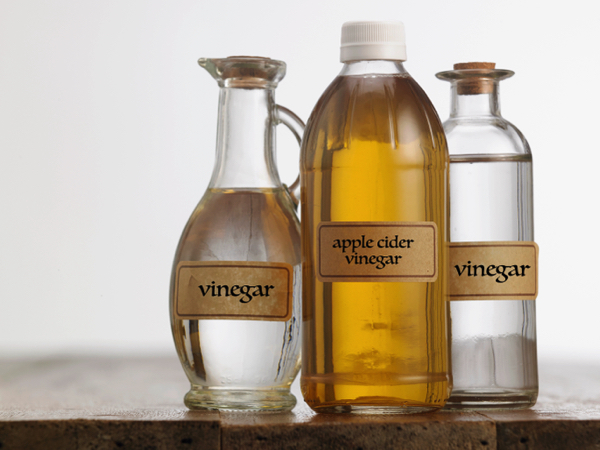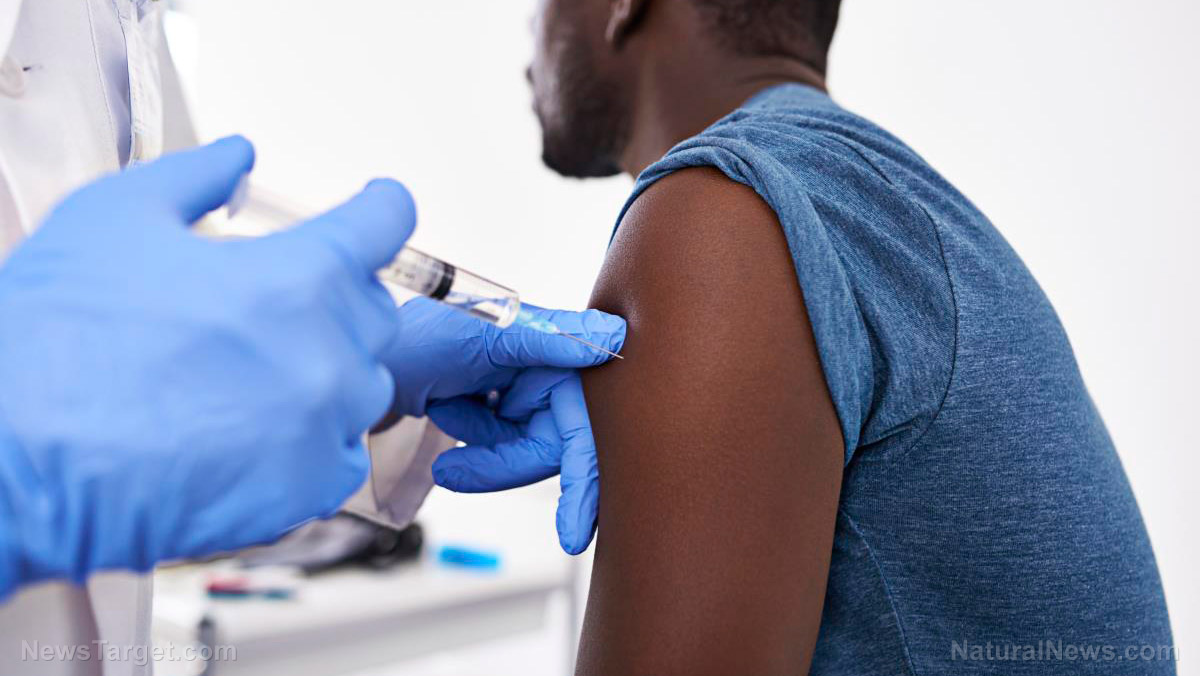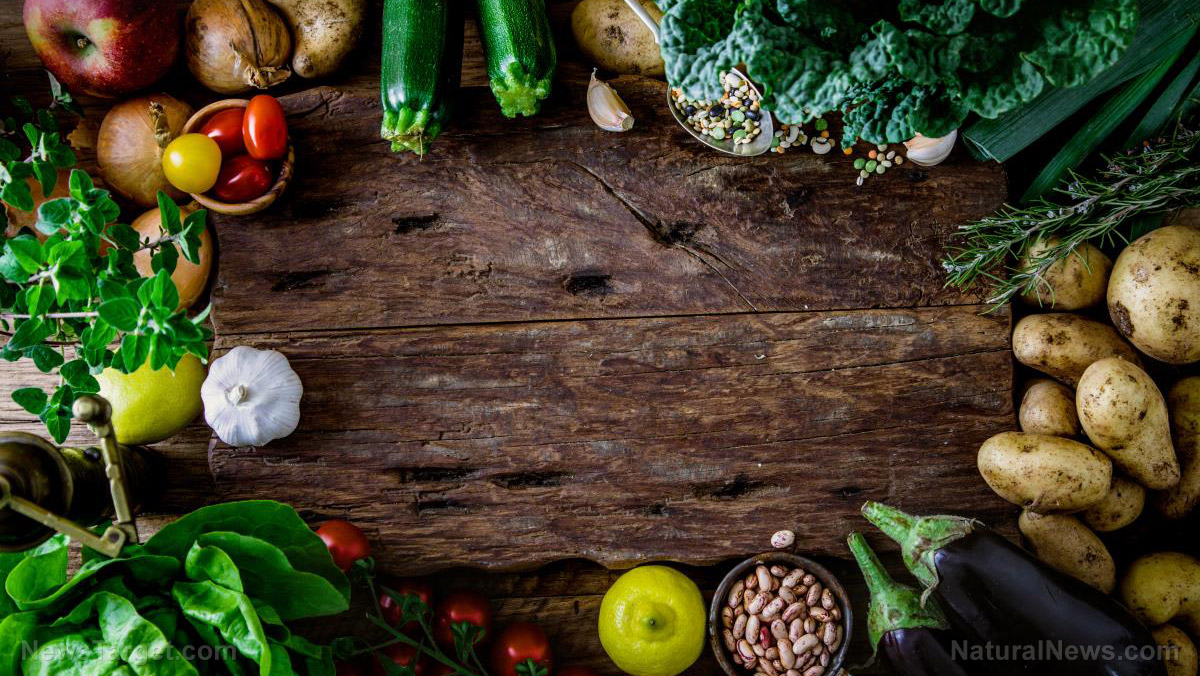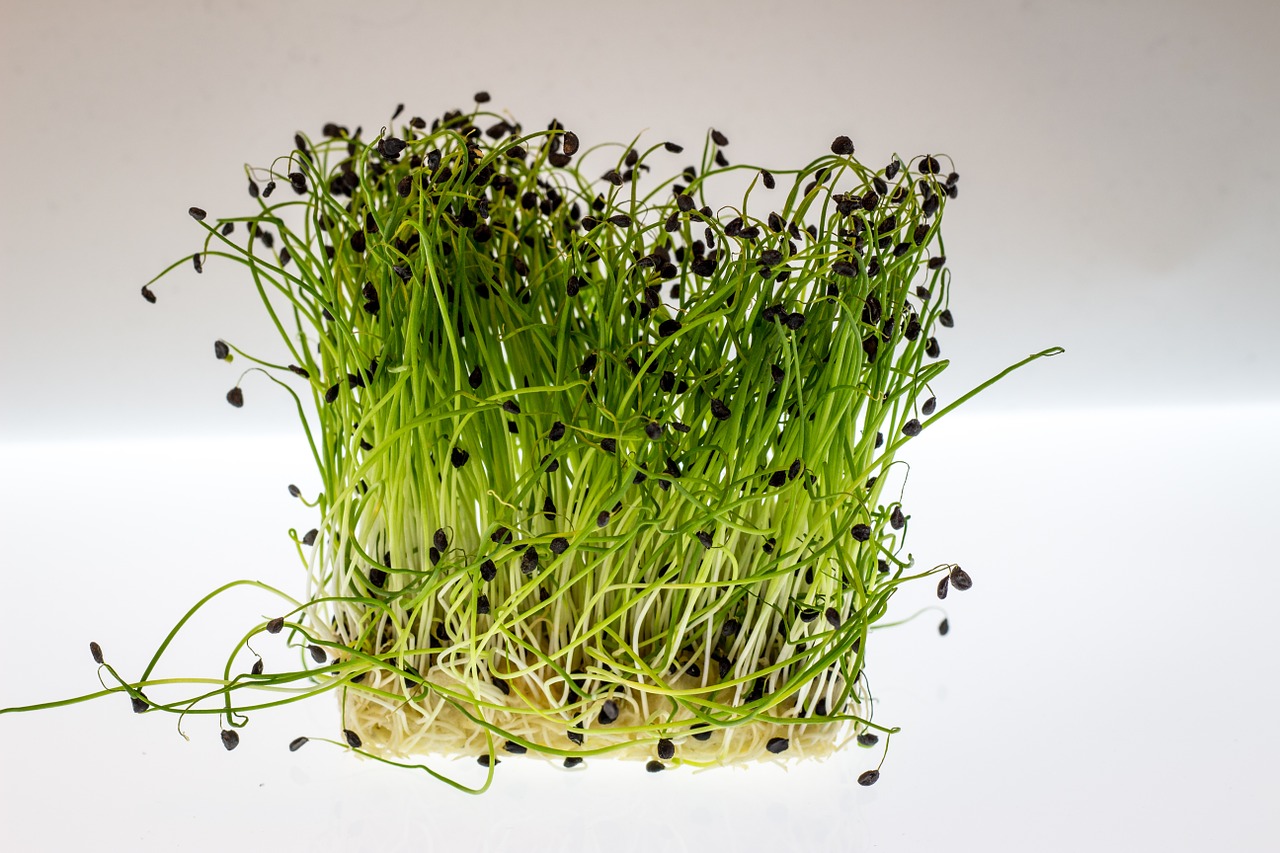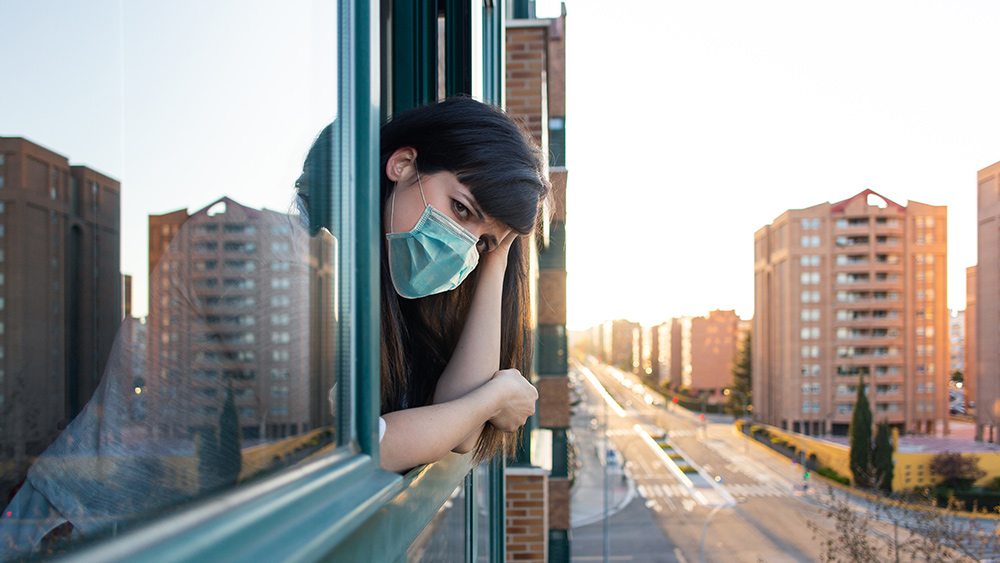The hidden dangers of “convenience” foods
07/11/2025 / By Olivia Cook
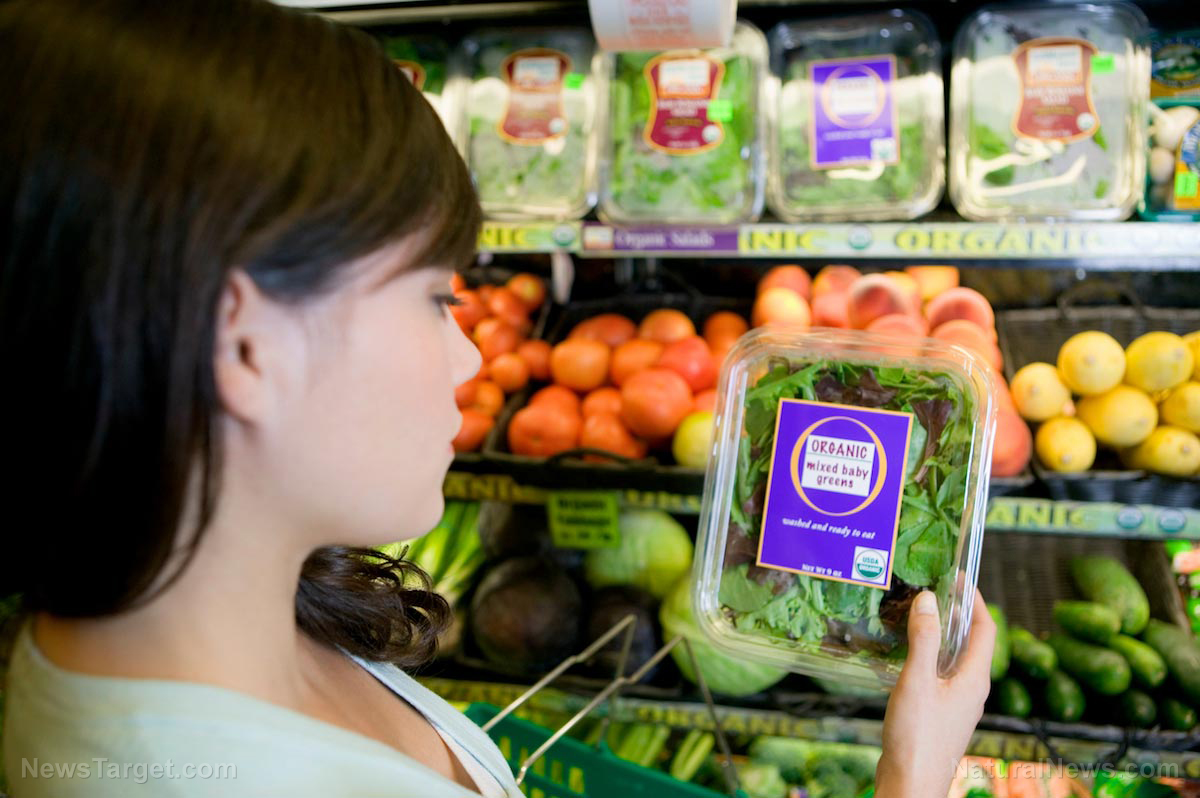
- Four percent of supermarket salads across Europe were found to be contaminated with Toxoplasma gondii, a brain-affecting parasite that can cause severe illness in pregnant women and vulnerable individuals.
- Bacteria like E. coli, Listeria and Salmonella are on the rise, with leafy greens, deli meats and snacks among the top culprits.
- Ready-to-eat foods are often eaten ‘as is”, skipping steps (washing again and/or cooking) that would normally eliminate harmful pathogens.
- Food alerts and recalls are a vital line of defense, but they often come after people have fallen ill, been hospitalized or died – highlighting the need for consumer vigilance.
- You can reduce your risk by washing fresh product, storing food below 39 F (4 C), checking recall alerts and following basic food safety practices at home.
Here’s an illusion of safety in convenience: You grab a bag of prewashed salad, toss it in your cart and think, “Easy healthy lunch – done!” The label reads “washed and ready-to-eat” and that feels safe enough. But what if those crisp leaves were carrying a parasite that could damage your brain? Or, what if that salad was already part of a recall you hadn’t even heard about?
This isn’t hypothetical. Recent food safety alerts and recalls across the United Kingdom, Europe and the United States have revealed unsettling truths about ready-to-eat (RTE) foods – a category that includes deli meats, pre-cut fruits and veggies, salads and favorite grab-and-go snack items.
In one of the largest studies of its kind, scientists across Europe tested more than 3,000 salad samples between October 2021 and September 2023 and found that at least four percent were contaminated with Toxoplasma gondii oocysts, a microscopic parasite known to cause toxoplasmosis.
Most healthy people will show no symptoms or only experience mild, flu-like symptoms. But for pregnant women, people with weakened immune systems and the elderly, toxoplasmosis can lead to brain damage, eye disorders, fetal abnormalities, miscarriage and even death.
The parasite spreads through contaminated soil or water, often via animal feces or manure. Because these salads are typically eaten raw, they bypass the cooking step that would kill the parasite – meaning it can go from farm to fork undetected.
And here’s the catch, U.K. and EU food regulations do not require routine testing for this type of parasite in fresh produce. That means you could be eating contaminated greens without ever knowing it
Parasites aren’t the only risk. The food system is also seeing a surge in bacterial contamination – including Campylobacter, E. coli, Listeria and Salmonella.
Earlier this summer, Wall’s Scotch Eggs – a popular grab-and-go picnic snack – were pulled from supermarket shelves after routine testing found Salmonella contamination. Around the same time, Apollo butterhead lettuce was identified as the source of a Shiga toxin-producing E. coli (STEC) outbreak that left hundreds ill across the United Kingdom.
These infections can cause symptoms ranging from stomach cramps and bloody diarrhea to kidney failure, neurological complications and in severe cases, death. Children, seniors and immunocompromised individuals are especially at risk. And yet, most food recalls happen only after people get sick and report.
Why RTE foods are especially vulnerable
RTE foods are particularly susceptible to contamination because of the following:
- No cooking: Many RTE foods are meant to be consumed “as is” – cold or raw – skipping cooking steps that would normally kill harmful microbes.
- Post-processing contamination: Even if a product is deemed “safe” when it leaves the facility, it can become contaminated during packaging, transport, repackaging or in-store handling.
- Moisture and cold store: These environments slow bacterial growth but don’t stop it. Pathogens like Listeria thrive and multiply even at refrigeration temperatures.
Emerging technologies like cold plasma, ozone treatments or UV light decontamination are promising, but not yet widely used in everyday food processing.
According to the U.S. Food and Drug Administration (FDA), foodborne illness outbreaks generally stem from five major risk categories:
- Food from unsafe sources
- Inadequate cooking
- Improper holding temperatures
- Contaminated equipment
- Poor personal hygiene
In short, it is not just what you buy – it’s how the food was grown, handled, stored and prepared at every step in the supply chain. RTE foods, by design, skip many safety barriers, which makes them especially vulnerable to failure at any one of those five points.
Labels that say “prewashed” or “ready-to-eat” offer peace of mind, but they don’t guarantee safety. While washing produce at home reduces some risk, it doesn’t eliminate bacteria or parasites that cling to rough surfaces or penetrate internal tissue.
Even if a food meets legal safety standards when it leaves the factory, traces of bacteria can still pose health risks, particularly for the most vulnerable.
The silent crisis of delayed food recalls
In 2024 alone, the U.K.’s Food Standards Agency (FSA) issued more than 250 food recalls – the highest number in over a decade. But here’s the problem: Many of these recalls were issued only after people were already hospitalized or worse.
Food recalls are essential. They are the last line of defense in the event of contamination, mislabeling or safety failure. But for them to be effective, consumers must be informed and they must act. Too often, recall notices are quietly company or government websites or on small signs near store checkouts. That’s not good enough.
Here’s how consumers can be more proactive:
- Check recall lists regularly.
- Return recalled products immediately.
- Share alerts with others, especially those who may not use the internet.
How to protect yourself and your family
Here are simple, science-backed steps to protect yourself and your family:
- Wash everything. Even if the packaging says “triple-washed,” soak produce in cold water and gently agitate before thoroughly drying. Washing reduces surface contamination but won’t remove all pathogens.
- Keep your refrigerator cold. Store perishables at 39F (4C) or lower. Bacteria like Listeria can grow and multiply at higher fridge temperatures.
- Stay informed on food recalls. In the U.S., visit Recalls.gov (the government-run portal that compiles alerts from several federal agencies in one place) or FoodSafety.gov and sign up for alerts. In the U.K., go to the FSA website to view current recalls and register for updates.
- Read labels and respect “use-by” dates. “Use by” means don’t eat after. Avoid items with vague labeling or unclear origins, especially those marketed as artisanal or imported.
Until better systems are in place, consumer vigilance is key. Understanding the risks, reading the labels, tracking food recalls and asking better questions are tools of empowerment. Because in today’s world, the most powerful thing in your kitchen isn’t a gadget or diet but knowledge.
Watch this video about ready-to-eat meals.
This video is from the Daily Videos channel on Brighteon.com.
More related stories:
Parasites, environmental toxins and the silent health crisis sweeping America.
Drug-resistant Salmonella strain triggers nationwide recall of salami in Canada.
Sources include:
Submit a correction >>
Tagged Under:
bacterial contamination, clean food watch, Dangerous, E. coli, food contaminants, food recalls, food safety, food science, food supply, grocery, infections, listeria, outbreak, parasites, products, raw foods, RTE foods, Salmonella, stop eating poison, Toxoplasma gondii oocysts
This article may contain statements that reflect the opinion of the author










